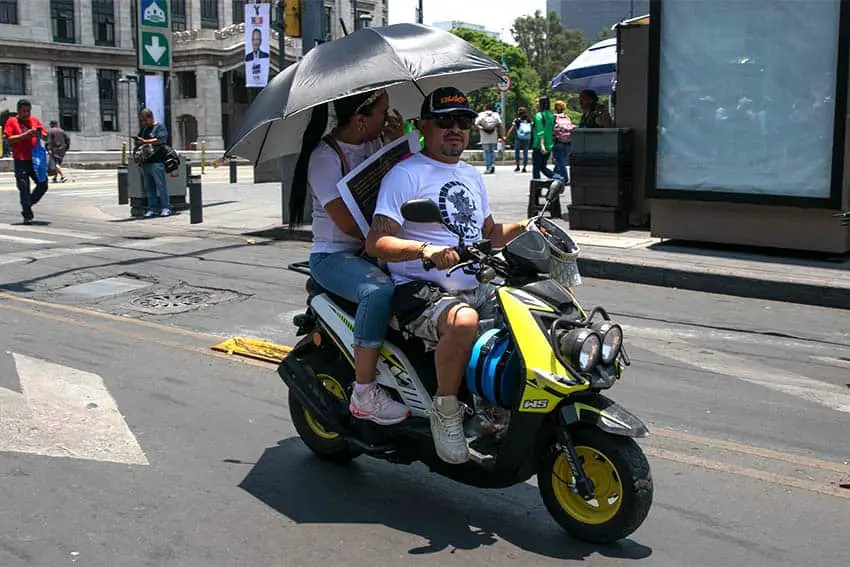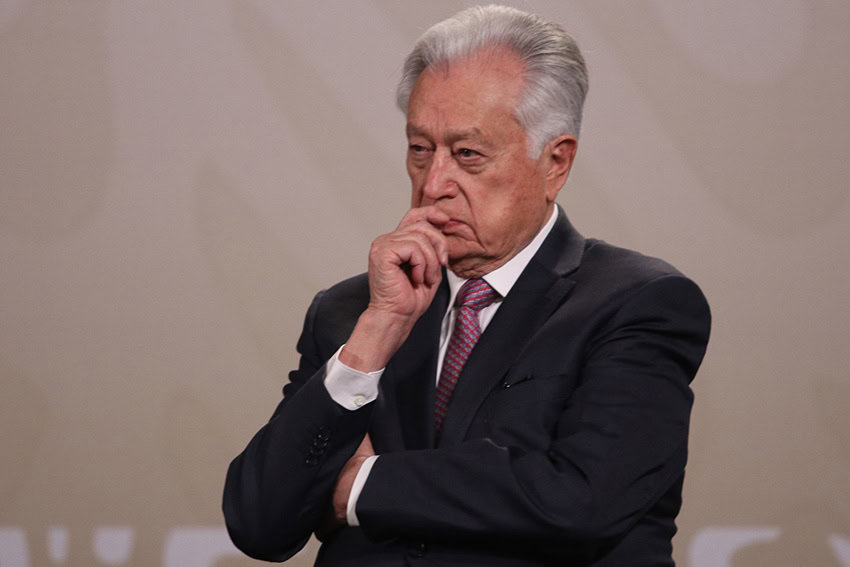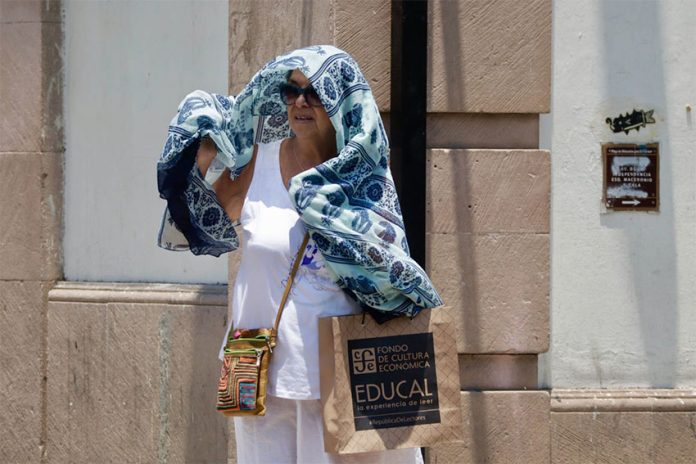With Thursday turning out to be another scorcher, people across Mexico are hoping for relief from a heat wave that has already been blamed for at least two deaths and has strained the national power grid.
The heat wave’s soaring temperatures have prompted greater demand for electricity throughout Mexico and mass power outages affected many cities on Tuesday and Wednesday.

The high temperatures have been fatal in Oaxaca — state authorities are investigating the death on Wednesday of a 9-year-old boy which, if attributed to heat stroke, would be the third heat wave-related death in Oaxaca in as many days.
Mexico City set a new temperature record on Tuesday, but record highs could be set again elsewhere today as meteorologists were forecasting temps between 45 C and 50 C (115 F to 122 F) in the northeast, along the Gulf coast and in Morelos, Oaxaca and Guerrero.
Highs of 35 C to 40 C (95 F to 104 F) plagued parts of the northwest, the Pacific Coast and the Bajío region Thursday. At the same time, the Mexico City metro area saw temperatures ranging from 30 C to 35 C (86 F to 95 F).
The National Energy Control Center (Cenace) declared a state of emergency Wednesday afternoon and evening, as 14 states from Tamaulipas to Chiapas suffered blackouts.

President Andrés Manuel López Obrador summoned CFE director Manuel Bartlett to the National Palace on Wednesday night to discuss the situation, though neither has issued a statement.
At his Thursday morning press conference, López Obrador said Cenace and the CFE were working to prevent further blackouts. While the president said that there wouldn’t be more blackouts — suggesting that the power outages were a fluke due to the intense temperatures the nation has been experiencing this week — he also appeared to acknowledge that there are issues with power generation capacity, which he blamed on the use of private energy companies.
“Half of the [grid’s] generation of electricity is produced by private companies, and we have to come to agreements so that the [generation] plants are in good condition,” López Obrador said.
With the heat wave and subsequent power outages, criticism is mounting regarding the management of the nation’s power grid. Energy analysts interviewed by the newspaper Reforma accuse the federal government of abandoning the country’s electricity system, arguing that it has been “ideological” and “political” in its energy policy.
El Universal columnist Mario Maldonado noted that Cenace had issued “alerts” — one step below a state of emergency — on 22 occasions in April, suggesting that the power grid is struggling and that blackouts could be a recurring problem this summer.
The country can expect a bit of relief from the heat by the weekend, according to the National Meteorological Service (SMN), which has forecast a cold front coming down from the north. Along with the lower temperatures, a band of precipitation can be expected from the northwest down to the central highlands beginning on Friday.
With reports from Milenio, Aristegui Noticias and Meteored
